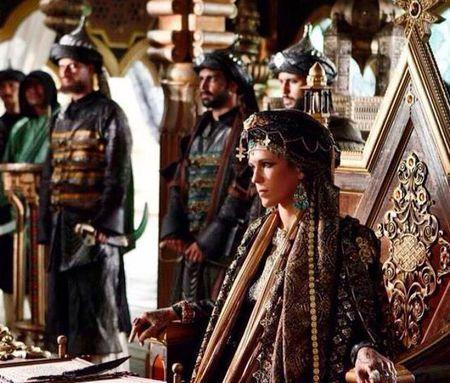China has a long history, and the surname of Chinese is the best proof of witnessing this long period of time, it is worth mentioning that by 2020, the surname Of Wang has 110.5 million people, and the surname of Wang, whose population has exceeded the mark of 100 million, has not only succeeded in becoming the largest surname in China, but also the most populous surname in the world.
There are 5662 surnames recorded in Chinese classics, including 3484 single surnames, 2032 compound surnames, and 146 three-character surnames, and the ancient children's enlightenment article "Hundred Family Names" is sung like this: "Zhao Qiansun Li, Zhou Wu Zheng Wang. ”

This also makes people wonder, although the number of the three surnames of "Zhao Qiansun" is not small, but compared with Zhang Liu's surnames, the number is still much less, why can it be ranked first? Originally, "Hundred Family Names" was completed during the Song Dynasty, first of all, the song emperor's surname was Zhao, which naturally had to be in the first place, and the Wuyue king Qian Li and the Zhengfei Sun clan before the Song Dynasty, as well as the Li clan of the lord of the Southern Tang Dynasty, these people's surnames are the surnames of the south, and there is no problem in the front.
As early as the beginning of the common century, Emperor Wudi of the Han Dynasty sent Zhang Qian to the Western Regions, and established close ties with the countries in the Middle East, especially the Parthian Empire (now Iran) in the Middle East at that time, which was one of the few powerful countries in the world at that time, and the two civilizations began to communicate with each other, and the Han people called it the Resting Country. Around the same time period, Buddhism also spread from ancient India to China and the Middle East.
At that time, the prince of the Sabbath Kingdom was not keen on politics, but very immersed in Buddhism, although the queen and the queen of the king and the ministers repeatedly advised the prince, hoping that he could take on the responsibility of administering the country, but the prince of Iran was always absent-minded, he had longed for Buddhism, and in the second year of the Han Heng Emperor Jianhe (148 AD), the prince, as the representative of the Parthian Imperial Mission, went to Luoyang, luoyang, as the place where The Chinese Buddhism was strongest at that time, soon attracted the Prince of Rest, and he simply settled here. At the time it was called Ampatia.
After learning to Chinese, the Prince of Rest also gave himself a Chinese name: "Anqing", and the Han Dynasty government properly placed it in the Buddhist temple, but the emissaries who came with Prince Anqing were in trouble, if the king knew that the prince stayed in the Han Dynasty, what if he went back to receive blame? Therefore, a large number of envoys and servants were left behind, they integrated into the local customs, simplified their surnames, and formed their own surnames: "An surname", and later, many Persians who traveled to and from the Central Plains followed the name of An Qing and called themselves An surname.
With the change of history, the An family also slowly branched out and became a surname family, and in the Tang Dynasty, the descendants of the Xianbei tribe an Chibu and the people of the Nine Kingdoms of Zhaowu in the Western Regions migrated to the Tang Dynasty, and changed their surnames to An, such as An Lushan, the maker of the An Shi Rebellion, but there were not many people, and the main personnel of the An surname were mainly people who migrated from the Middle East to the Gansu region.
Today, the number of descendants of the An surname has reached 1.7 million, ranking 79th in the old hundred family names, which can be said to be an ethnic group and also witnessed a different history of China.